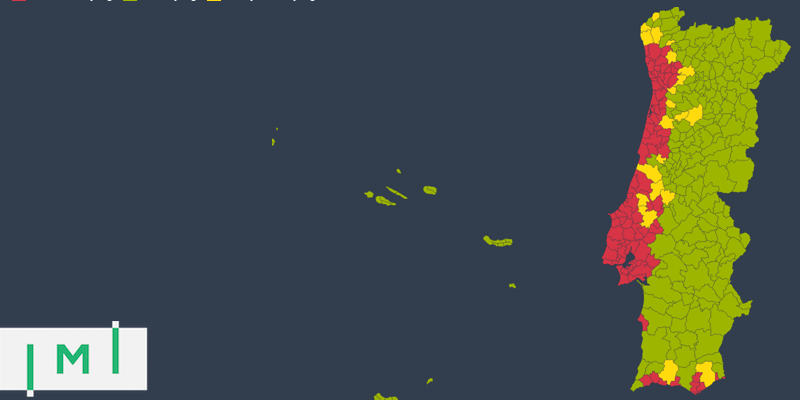The Portuguese government today published long-anticipated details on the new terms for its golden visa program, which will apply from 2022 onwards. Minimum investments amounts will rise in several categories.
“[…] contrary to what had been voiced by the Portuguese Government,” writes João Cunha Vaz, Senior Partner of Lisbon-based Edge International lawyers, “the amendments now released will only be applicable to Golden Visa applications submitted after Decree Law 14/2021 is in force, which is to take place on 1st January 2022. This means that, until then, the existing rules and requirements shall be applicable to all investors.”
The government had initially signaled July 1st, 2021 as the starting date for a “transition period” that would last for several months, but today’s announcement indicates we’ll see a clean break between the old and new rules on New Year’s Eve at the end of this year.
The amendments published today, explains Cunha Vaz, centered around two chief features:
- Raising the minimum investment requirements for a number of categories;
- Delineating the geographic areas in which property investments may substantiate a golden visa application
The salient amendments announced today:
- The capital investment/deposit category: Minimum investment requirement will rise from the current EUR 1 million to EUR 1.5 million;
- The investment fund category: Minimum investment requirement will rise from the current EUR 350,000 to EUR 500,000;
- The property investment category: Minimum investment requirement will remain unchanged at EUR 500,000 and EUR 350,000 (renovation properties) but qualifying for the golden visa through these options will be limited to the country’s interior as well as the autonomous regions of the Azores and Madeira;
- The job creation category: The minimum capital required for incorporation/capital injection in an existing company that then must proceed to create five new job positions sustained for a consecutive three years will rise from the current EUR 350,000 to EUR 500,000;
- The Science and Research Activities category: Minimum investment requirements will rise from the current EUR 350,000 to EUR 500,000.
Changes to the latter category, subparagraph 5 of the golden visa legislation, are likely to have virtually no impact as no applicant has ever chosen this option.
In our interactive and zoomable map below, you can see which municipalities will still be eligible for residential real estate investment under the golden visa. Municipalities marked yellow have limited qualification; some, but not all, parishes within that municipality qualify. To see qualification at the individual parish level, refer to the official decree.
Cunha-Vaz comments that it’s clear from the Decree Law that the amendments “do not prevent the possibility to renew the existing applications under the terms of the existing rules and requirements and also does not prevent the ability to add family members to existing applications.”
The changes will have no retroactive effect on applicants currently enrolled in the program.
“In practical terms,” says Cunha Vaz, “all investors who have submitted their applications under the terms of the existing rules shall continue to renew their residencies with the same requirements applicable at the time of the initial application. “
Anyone submitting their applications before the end of this year will be subject to the old rules, regardless of the status of their application on January 1st, 2022.
“It’s important to point out,” says Patricia Valadas Coriel of Valadas Coriel & Associados, “that that the changes to the real estate market are only applicable to residential properties. Commercial and touristic properties will remain eligible in Lisbon, on the coast, and in Porto.”
The developers with hotel products in Lisbon, Porto, and the Algarve, for example, will remain qualifying for golden visa applicants for EUR 350,000, she emphasizes.
“It’s not all that bad. You can still buy rehabilitation properties in the cities and on the coast at the lower price point as long as the property is intended for tourism. Furthermore, the criteria relating to low density remain unchanged, which means investments are 20% lower if in a less densely populated area. So regular property in low-density areas would be EUR 400,000, while rehabilitation properties in low-density areas would still be EUR 280,000.”

